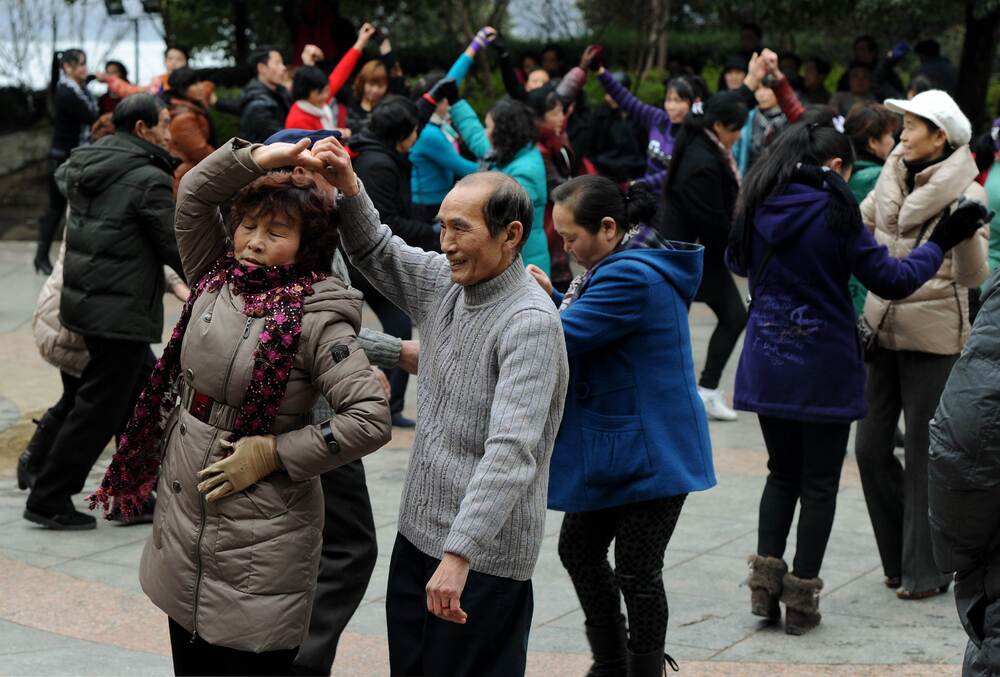China increases retirement age for the first time since the 1950s

China will “gradually raise” its retirement age for the first time since the 1950s, addressing challenges related to its aging population and a shrinking pension budget. The top legislative body approved the plan on Friday, which will increase the retirement age from 50 to 55 for women in blue-collar jobs, from 55 to 58 for women in white-collar roles, and from 60 to 63 for men.
Starting January 1, 2025, these changes will be phased in over the next 15 years. Early retirement will not be permitted, though individuals can choose to delay retirement by up to three years. From 2030, workers will need to contribute more to the social security system to qualify for pensions, with a minimum of 20 years of contributions required by 2039.
The adjustment comes in response to a projected shortfall in China’s main state pension fund, anticipated to run out by 2035, a prediction made before the economic impacts of the COVID-19 pandemic were fully known. The policy shift is based on a broad evaluation of life expectancy, health, demographic trends, education, and workforce availability.
The announcement has sparked mixed reactions online. Some express frustration, suggesting future increases might push retirement age even higher, while others anticipated the change, noting similar trends in other countries. The demographic challenges China faces are underscored by a declining birth rate and rising life expectancy, with nearly a third of the population expected to be over 60 by 2040.
China’s shrinking workforce, coupled with its past one-child policy and a faltering economy, has led to a looming demographic crisis. Over the next decade, around 300 million people, currently aged 50 to 60, will exit the workforce, creating significant challenges for elder care and pension funding.
